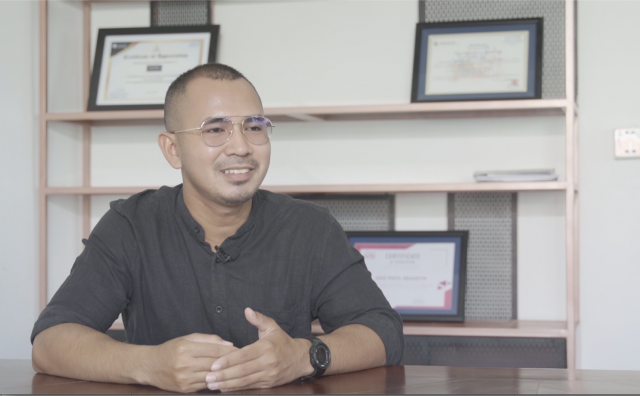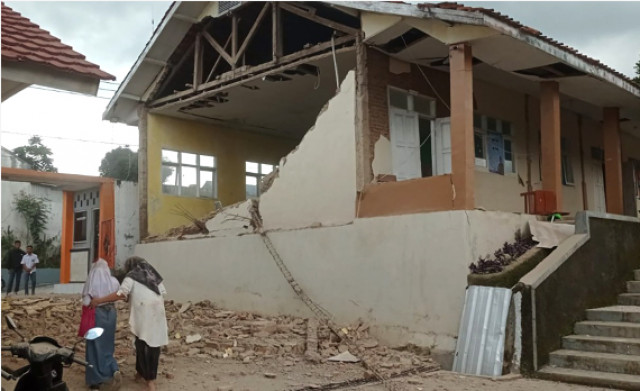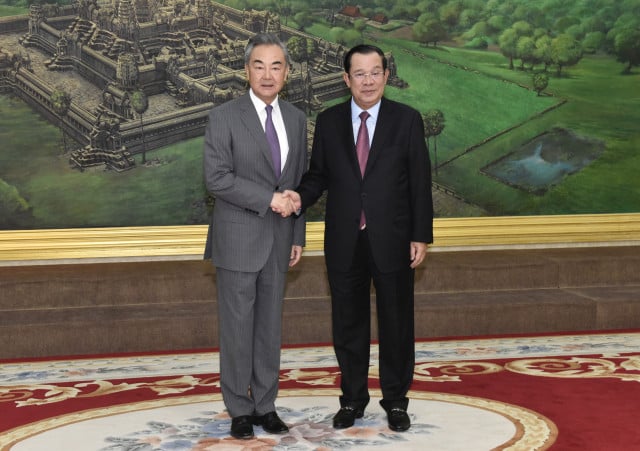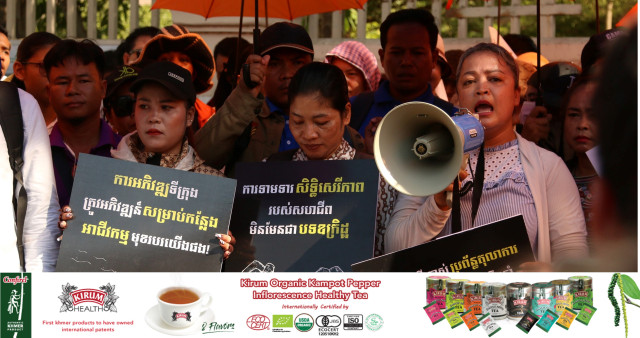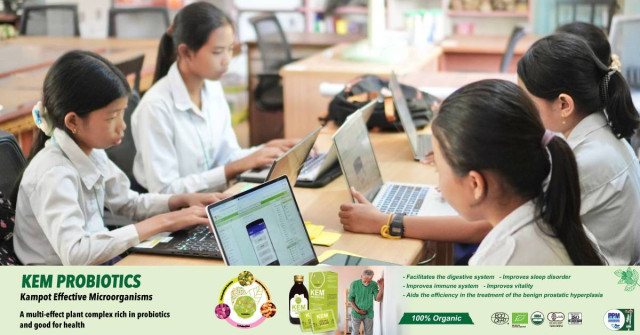Minority Children Get Chance to Save Languages
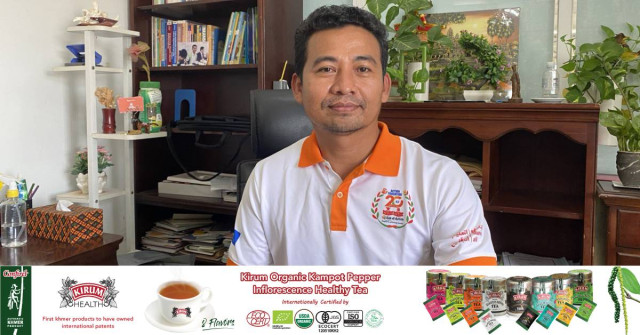
- By Teng Yalirozy
- February 21, 2024 7:10 PM
PHNOM PENH – Multilingual education has allowed children from ethnic minority backgrounds to learn in their mother languages to ensure the long-standing of the language.
Non-profit and education-focused organization Aide et Action Cambodia has been in the game for 12 years, helping ethnic children get access to learning and materials in both their mother and Khmer languages.
Country director Vorn Samphors said the program has been adopted by the government for more than 10 years, ensuring access to quality education for minority groups.
It provides early language learning in first, second and third grades in primary schools, he said. As they progress, the Khmer and ethnic languages are integrated into the curriculum.
Cambodia encourages ethnic children to learn in their mother tongue from an early age to foster critical thinking, understanding, and cultural preservation. This approach promotes communication between children, teachers and textbooks, he said.
“It creates critical thinking, a full understanding of the content and the lesson as well as preserves their culture, their language,” said Samphors.
“It also creates a lot of good practice in the way children can communicate with each other, teachers, textbooks and school.”
Aide et Action has been supporting more than 100 primary schools in several provinces with large populations of minority groups, such as Ratanakiri, Kratie or Tboung Khmum.
Cambodia has 24 indigenous groups, which make up about 3 percent of the population. They are concentrated in the northeastern highlands and forested plateaus.
“Multilingual Education is a Pillar of Intergenerational Learning” is the theme for International Mother Language Day in 2024. The importance of languages in promoting inclusive education and protecting indigenous languages is emphasized by this subject.
Samphors said Cambodia must preserve its language and culture for future generations. With fewer than 20 ethnic minority languages remaining in the country, it is crucial to ensure that children can communicate and learn in their own language from birth to primary education.
“At least, we put a priority to make sure that children from those communities learn, train and teach in their mother tongue,” he said.






